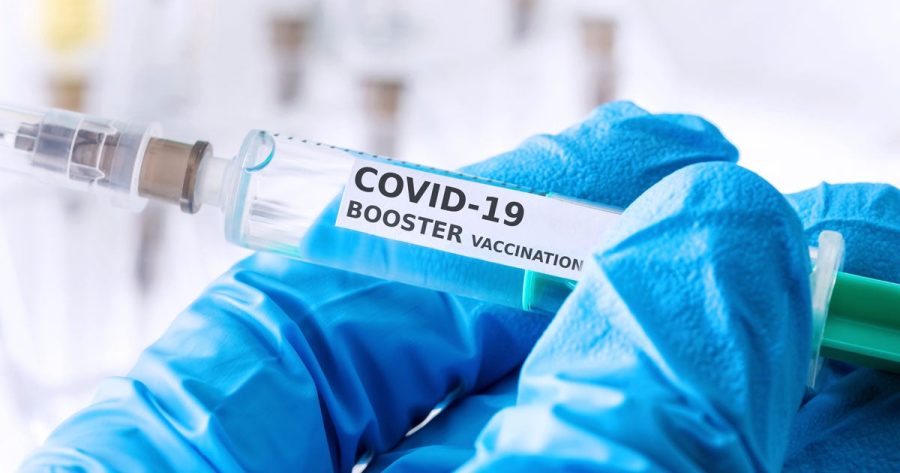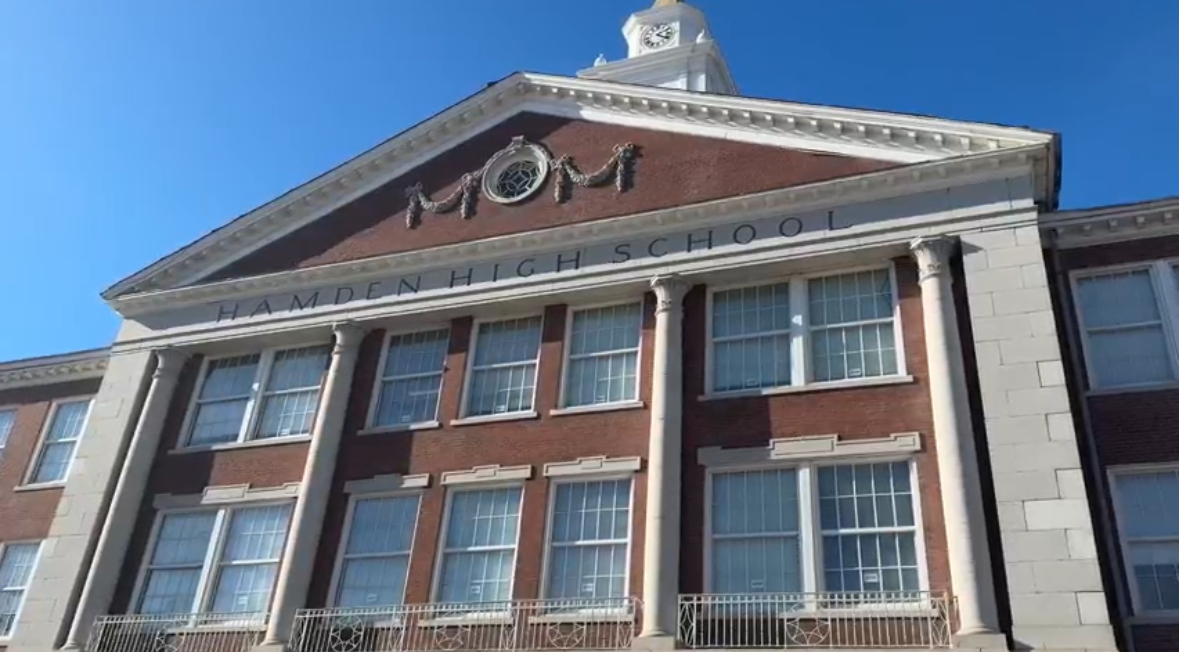Quinnipiac requires booster shot as omicron cases increase
January 5, 2022
Quinnipiac University will require all students to receive a booster shot by Tuesday, Feb. 15 to continue taking courses during the spring semester.
According to an email sent by the university on Monday, Jan. 3, all previous exemptions for COVID-19 vaccinations will remain intact for the current semester. While students are encouraged to get their booster shots over winter break, the university will have booster clinics on campus on Jan. 31 and Feb. 1 for everyone.
“The booster, first and foremost, is to try and keep us healthy. Second reason is if we’re having a lot of students who are infected with Coronavirus, we are not going to be back in person and we should not want to revisit where we’ve been,” said Dr. David Hill, the senior medical advisor. “If we have a large percentage of [the] student body who is ill, that is really going to affect our on-ground teaching and that is every bit of the goal. That is the President’s priority.”
Students are required to upload their vaccination cards to the Student Health Services portal. Individuals whose six-month deadline has not passed since their last shot are urged to get the booster and upload their vaccination cards as soon as they receive the shot.
Although Hill mentioned in early December that mandating the booster was not the university’s goal, the new changes come after the school reevaluated conditions across the country. Omicron spreads much faster than other COVID-19 variants and the booster can slow it down. The increased speed of transmissibility means more cases for the Quinnipiac community and the university is intent on taking all measures required to continue on-ground learning and living experience.
Despite these measures, some students like second-year sociology major Naomi Gorero are skeptical about returning to campus this semester.
“I honestly don’t feel safe to come back this semester. Because of Omicron being very contagious, I do not want to risk my family members such as my grandmother,” Gorero said. “I would feel much safer if everyone received a booster.”
As the school continues to monitor Omicron, the COVID-19 policies are being reviewed and students are asked to keep a close eye for any further developing changes in the future. Hill mentioned that the school has not decided on a penalty for students who don’t get the booster.
“To be frank, we don’t want to be in an adversarial relationship with our students and we have done really well by working together,” Hill said. “We haven’t decided the consequences because we’re really not interested in creating a lot more consequences for students.”
The university is advising students to purchase several at-home rapid test kits for the upcoming semester. Students can use a rapid test results for the pre-arrival negative test requirement as well. Hill added that this step was taken to avoid long testing lines at the Student Health Services.
An update will be sent out later this week about pre-arrival testing requirements, CDC isolation protocols for positive cases among vaccinated populations, and other details.
According to an update from Gov. Ned Lamont on Monday, Jan. 3, Connecticut’s daily COVID-19 positivity rate reached 21.5%. 1,151 people were hospitalized with COVID-19 as of Thursday, Dec.30.







